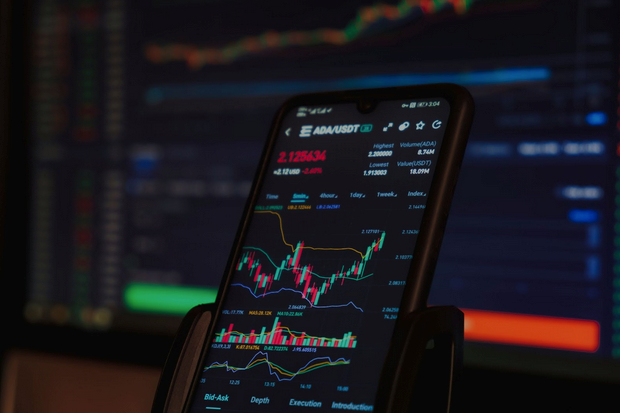DeFi wallets grant users full ownership of their funds through private keys. If you want greater financial independence and enhanced privacy, understanding how DeFi wallets work is crucial.
However, you should also be aware of the responsibilities and risks involved. Every financial solution has its strong sides and drawbacks, so to find the best defi wallet, you need to explore both.
What Makes DeFi Wallets Different?
DeFi wallets put you in direct control of your money. This control, however, may also involve the risk of access loss, if keys are not stored properly. These wallets operate on decentralized networks, enabling you to store, send, and manage your assets without relying on intermediaries. At their core, DeFi wallets prioritize private key ownership.
The Role of Private Keys
A private key proves ownership of your assets on the blockchain and allows you to manage them. Custodial platforms hold these keys on your behalf, while DeFi wallets place them solely under your control.
Benefits of Private Key Ownership
- Unlike funds held in a bank or centralized exchange, assets in a DeFi wallet are entirely yours. No entity can freeze, confiscate, or block access.
- Transactions occur directly on the blockchain, leaving no intermediary to monitor or collect your data.
- Custodial platforms are more prone to breaches, regulatory shutdowns, and mismanagement. While some platforms have high security levels, holding your keys means these risks are less likely to affect you.
The Challenges
- Losing your private key results in permanent loss of access. Without a centralized authority to recover it, personal diligence is essential.
- Managing keys securely demands technical knowledge and careful practices, such as safeguarding seed phrases and avoiding phishing scams.
Moving Away from Third-Party Risks
Banks and custodial platforms, while convenient, expose users to risks like account freezes, service outages, and data breaches. DeFi wallets eliminate these third-party dependencies, empowering users to act without interference.
Concerns with Centralized Platforms
- Frozen funds: Governments or financial institutions can freeze accounts for various reasons, leaving users unable to access their money.
- Hacking incidents: Custodial wallets and exchanges are frequent targets for hackers. In 2022 alone, billions of dollars in assets were stolen due to platform breaches.
- Operational failures: Centralized platforms can experience outages or bankruptcy.
With DeFi wallets, your assets remain accessible as long as you have your private key. Blockchain networks operate globally and are relatively immune to political or institutional disruptions. At the same time, state regulations may limit users’ access to certain platforms or restrict their use completely.
Financial Control
DeFi wallets have peer-to-peer transactions, multi-blockchain access, and the ability to directly interact with decentralized applications (dApps). This level of autonomy is empowering, but it also requires users to take complete responsibility for their financial decisions.
Autonomy in Action
- No restrictions on transactions: DeFi wallets let you send funds instantly, 24/7, anywhere in the world.
- Access to dApps: DeFi wallets can connect you directly to blockchain-based financial tools.
- Fee savings: Users avoid many of the fees associated with traditional financial systems. However, some transactions may involve higher gas fees.
The Weight of Personal Responsibility
A DeFi wallet is only as secure as the person using it. Unlike centralized systems, where institutions handle security and offer customer support, Some DeFi wallets integrate more advanced security tools but generally require users to manage their assets and protect against threats actively.
Best Practices for Security
- Use a hardware wallet: Storing private keys offline is one of the most effective ways to protect against hacking. Devices like Ledger or Trezor are widely regarded as secure options.
- Backup your seed phrase: A seed phrase is your wallet’s recovery key. Keep it offline, stored in multiple secure locations, and avoid digital copies that could be hacked.
- Stay updated on scams: Phishing attacks are a common threat. Always verify the authenticity of links, dApps, and wallet updates.
- Practice multi-factor authentication (MFA): Some wallets offer additional layers of protection, like password locks or biometric access.
Take Charge of Your Financial Future
For users seeking simplicity, NonBank offers a practical platform that integrates custodial and non-custodial wallets, enabling users to monitor assets, track market changes, and analyze portfolios with precision.
Join the NonBank community on X for all the latest insights into DeFi strategies, wallet management, and blockchain trends. Take full control of your financial future with informed decisions and clear oversight.




